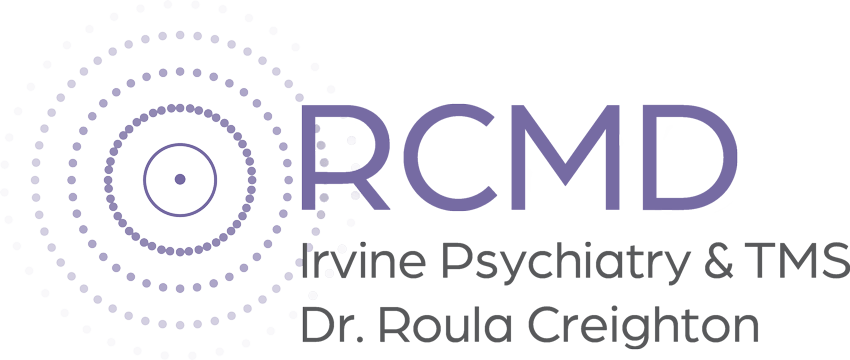Adapting to a Post-COVID World
As we move towards a post-COVID world, healthcare has undergone significant changes, presenting new challenges and opportunities for both patients and providers. This guide will provide insights into how patients and providers can adapt to the new normal.
The Rise of Telemedicine in Post-COVID Healthcare
The pandemic accelerated the adoption of telemedicine, making it a mainstream mode of care delivery. Patients and providers have experienced the convenience and effectiveness of virtual consultations, leading to increased demand for telehealth services. However, it is important to note that upcoming changes in insurance related to telemedicine could impact patients' access to care. According to Psych Congress Network, patients must now use a HIPAA compliant platform for telehealth visits. Telephone-only visits on platforms like Zoom will no longer be an option. Patients getting a prescription for a controlled substance will have to come in-person, and those whose insurance waived co-payment costs will now be responsible for them.
Mental Health in Post-COVID Healthcare
The pandemic has underscored the importance of addressing mental health needs in healthcare. Patients should be encouraged to discuss their mental health concerns with their healthcare providers, and proactive screening for mental health concerns should be a standard part of primary care. Healthcare providers should recognize the importance of addressing mental health in day-to-day practice, considering both their patients' and their own well-being.
Delayed Care in Post-COVID Healthcare
Many patients experienced delayed or postponed care during the pandemic, resulting in potential long-term health consequences. Addressing the backlog of delayed care has become a priority in post-pandemic healthcare. Patients should communicate with their providers about any delayed treatments or check-ups and work towards establishing a plan to ensure their healthcare needs are met in a timely manner. Healthcare providers should carefully manage their caseloads to prioritize patients with the most critical needs while addressing the needs of those who experienced delays in care.
Incorporating Digital Health Tools
Digital health tools have become increasingly valuable in the fight against COVID-19 and are likely to become fixtures in post-COVID healthcare. Patients should stay informed about the technological advancements in healthcare and consider incorporating digital tools into their own care management. Healthcare providers must stay up-to-date with healthcare technology developments and be prepared to implement digital health solutions when and where appropriate, while also understanding patient privacy and data security concerns.
Preparing for Future Health Crises
Healthcare systems must be flexible enough to respond effectively to future outbreaks, epidemics, or pandemics. Patients should advocate for their healthcare by being proactive in addressing any health concerns, remaining vigilant, and following public health guidelines to minimize the impact of future health crises. Healthcare providers must participate in constant evaluation and improvement processes within their healthcare systems, practicing effective communication, fostering collaboration within interdisciplinary teams, and working closely with public health agencies to ensure their preparedness and ability to respond to any future crises.
Adapting to a Post-COVID Healthcare
In conclusion, as we navigate the post-COVID healthcare landscape, patients and providers must work together to adapt to the new challenges and opportunities that have arisen from the pandemic. Embracing telemedicine, addressing mental health issues, attending to delays in care, incorporating digital health tools, and developing flexible healthcare systems are essential steps in ensuring optimal health outcomes for all. By staying informed, advocating for their healthcare needs, and working together, patients and providers can make the most of these transformative changes and build a healthier future for all. At Irvine Psychiatry and TMS we are here to support our patients through this transition, please call with any questions or concerns.
SHARE pOST:
RECENT POST:



